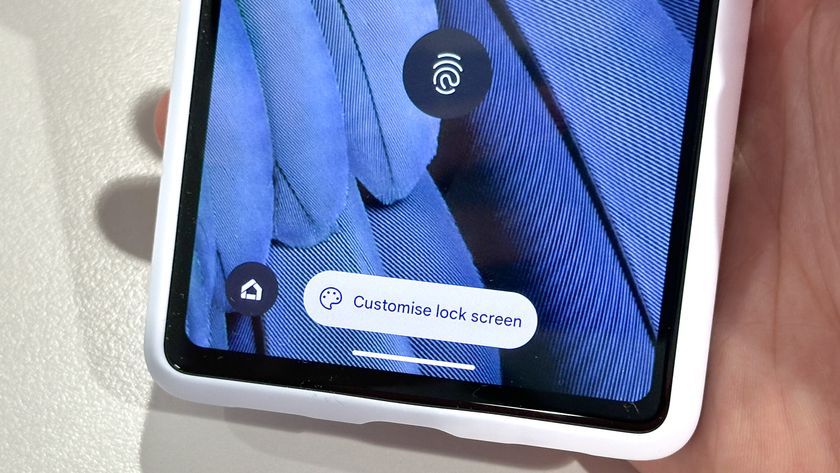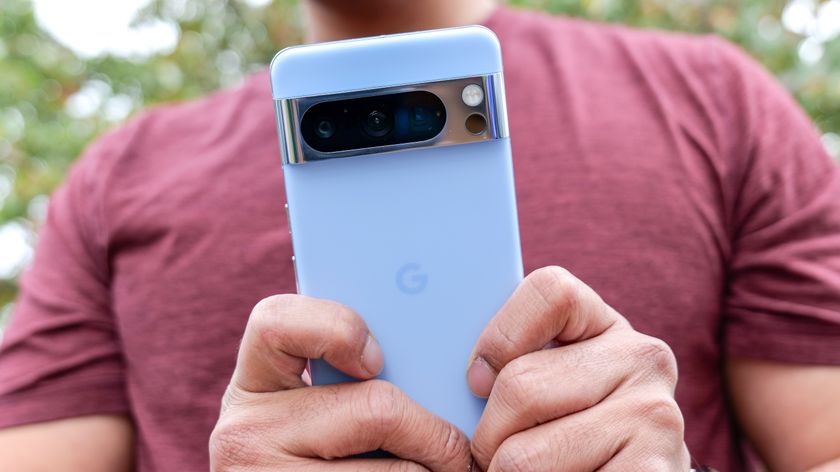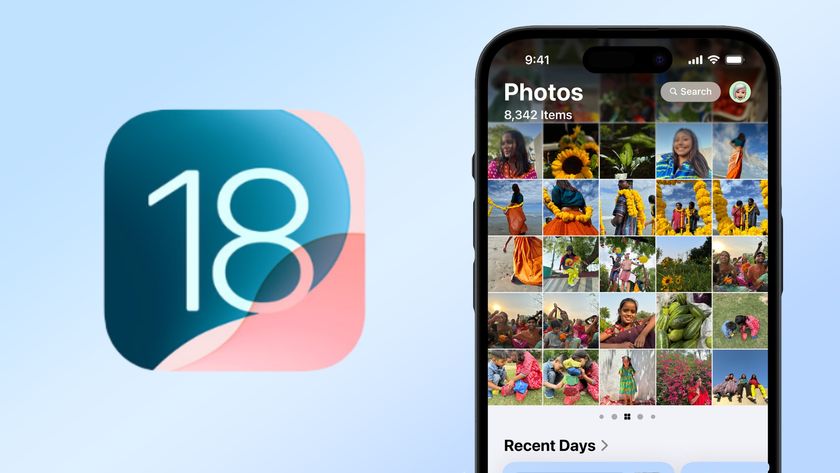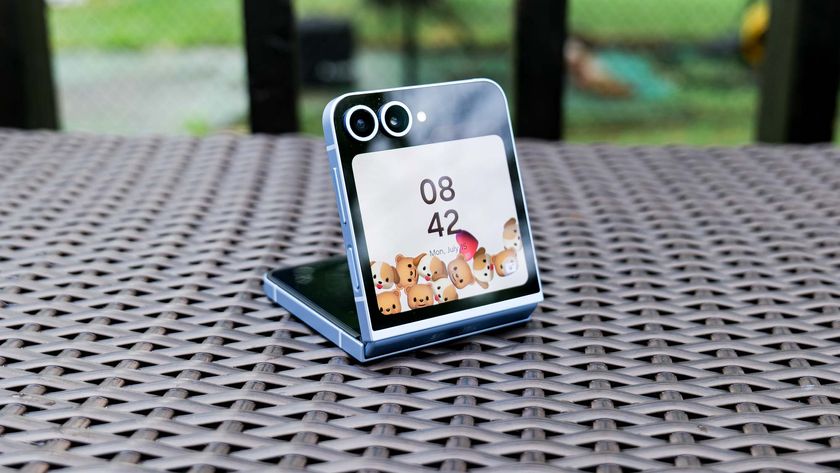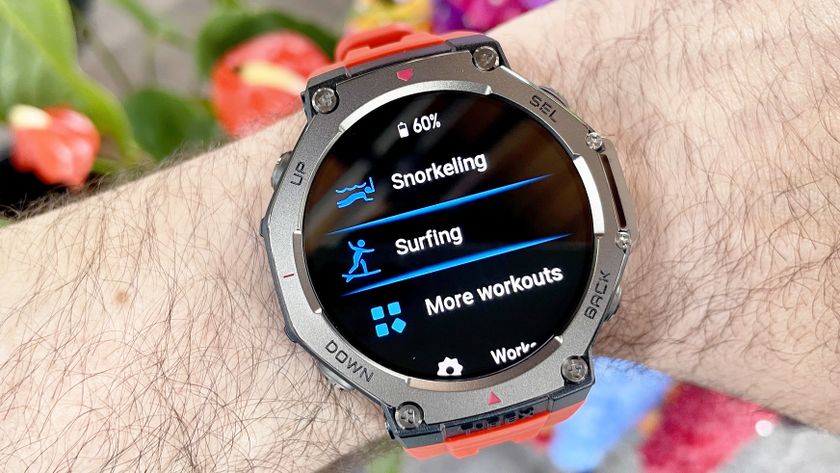Google's Pixel 3 Is Already in Trouble
A new report has some troubling news about the Pixel 3 when it comes to availability, the camera and the design.
If you take the latest report from Bloomberg on the Pixel 3 and Pixel 3 XL at face value, Google’s next flagships face a steep uphill battle against the iPhone X and Samsung’s Galaxy S9 and upcoming Galaxy Note 9.
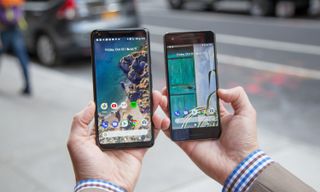
These are the most troubling tidbits:
- It looks like the Pixel 3 and Pixel 3 XL will continue to be Verizon exclusives, although you’ll still be able to buy them unlocked.
- Google will stick with a single rear camera on both handsets while putting two lenses on the front.
- The Pixel 3 will look similar to the Pixel 2.
Let’s start with the availability aspect of the Pixel 3. As IDC has reported, Google shipped less than 4 million Pixel 2 and Pixel 2 XL units in 2017. That’s better than the Essential Phone (RIP), but it’s nowhere near the 216 million iPhones Apple shipped.
Most U.S. shoppers continue to buy and upgrade their phones directly through their carrier. And, for whatever reason, Google decided to go with Verizon as its only partner for the Pixel 2 launch. By potentially continuing down that same path for the Pixel 3, Google is ostensibly walling off its flagships.
Yes, Google has its own wireless service in Google Project Fi, but most people don’t know about it.
Moving on to the camera, based on our testing the Pixel 2 and Pixel 2 XL have the best cameras on any smartphone. They beat out the Galaxy S9 and iPhone X in a three-way shootout. Google showed that it didn’t need a second rear lens to create portraits with a bokeh effect.
However, having a second telephoto lens has another key benefit, and that’s optical zoom. The iPhone X, iPhone 8 Plus and Galaxy S9+ all sport dual lenses, which enables a true 2x optical zoom. Whether you’re sightseeing, trying to record your kid’s soccer game or covering a press conference like I do, having that second lens really comes in handy.
What will Google do with the second lens for the front camera? It could be used for unlocking the device with your face, similar to Apple’s Face ID, for augmented reality apps or both. That’s nice, but I’d rather have a 2x or higher zoom.
MORE: How the Pixel 3 Can Finally Beat Samsung and Apple
Lastly, Bloomberg’s report says that the Pixel 3 XL will have an edge-to-edge screen and a notch at the top, but that the smaller Pixel 3 will “look similar” to the Pixel 2 and won’t sport the edge-to-edge look or notch. I can live without the notch, but I really hope Google trims the bezels back on the Pixel 3, because the Pixel 2 looked positively dated looking next to the 18:9 display on the Pixel 2 XL.
To be fair, the Pixel 3 and Pixel 3 XL will likely boast many other compelling features that will help it vie for the title of best Android phone and possibly best phone overall. And it will be the first phone to ship with Android P, which brings with it intuitive new gestures and time-saving features like App Slices and App Actions.
But for the Pixel 3 to really break through, it will need broader distribution at a minimum. And having optical zoom and a smaller phone that looks at least as sleek as the Galaxy S9 will also be key.
Sign up to get the BEST of Tom's Guide direct to your inbox.
Get instant access to breaking news, the hottest reviews, great deals and helpful tips.
Mark Spoonauer is the global editor in chief of Tom's Guide and has covered technology for over 20 years. In addition to overseeing the direction of Tom's Guide, Mark specializes in covering all things mobile, having reviewed dozens of smartphones and other gadgets. He has spoken at key industry events and appears regularly on TV to discuss the latest trends, including Cheddar, Fox Business and other outlets. Mark was previously editor in chief of Laptop Mag, and his work has appeared in Wired, Popular Science and Inc. Follow him on Twitter at @mspoonauer.
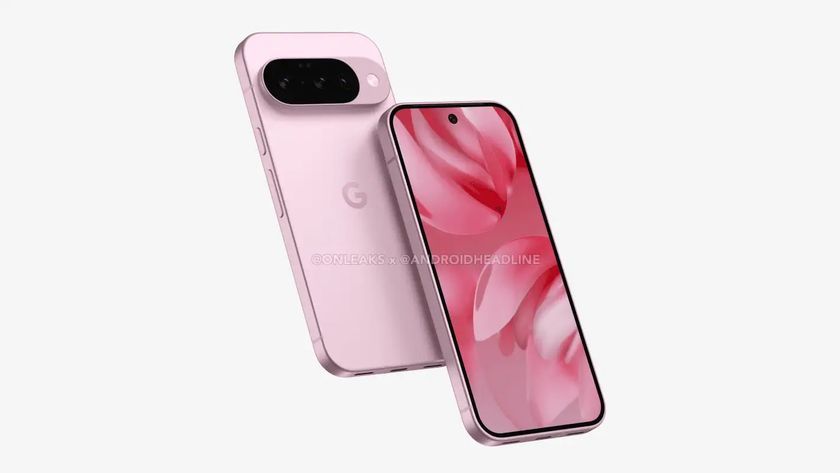
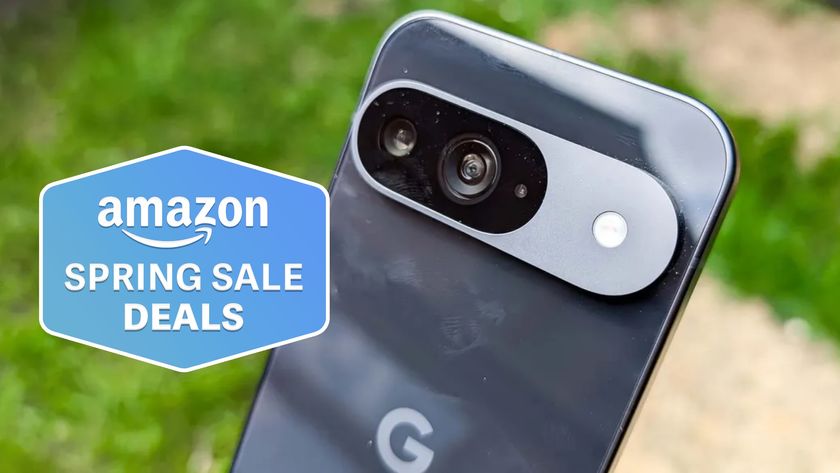
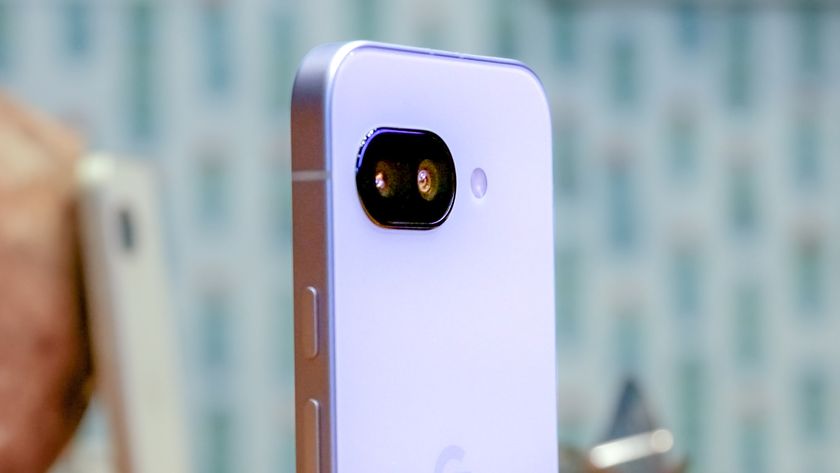
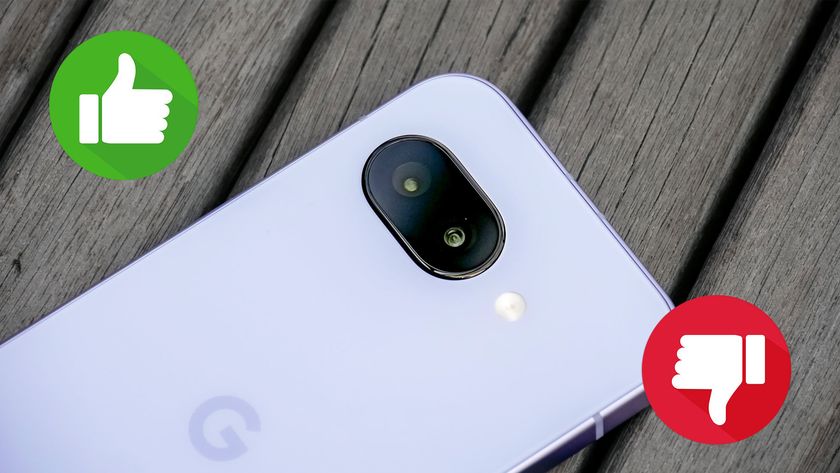
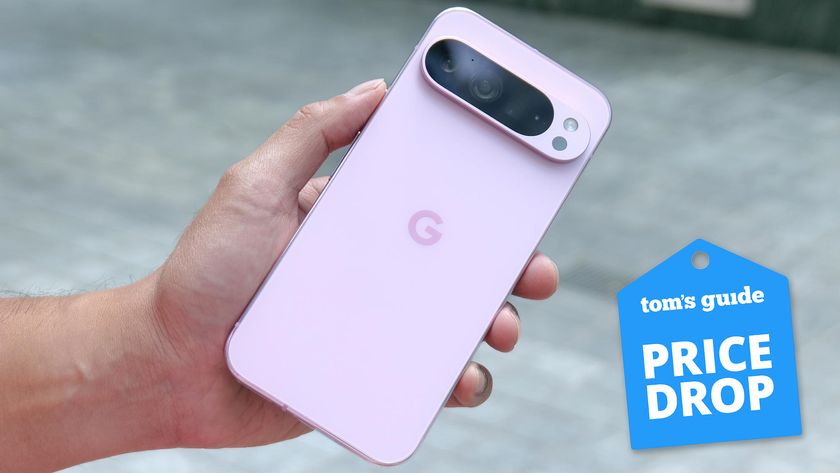
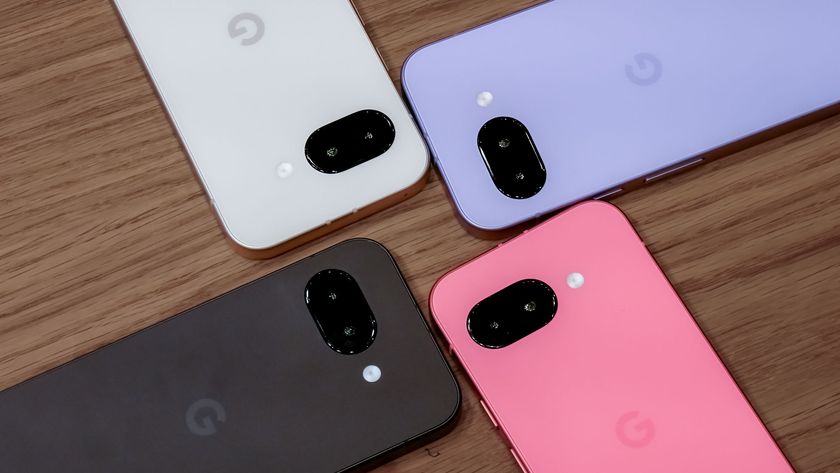
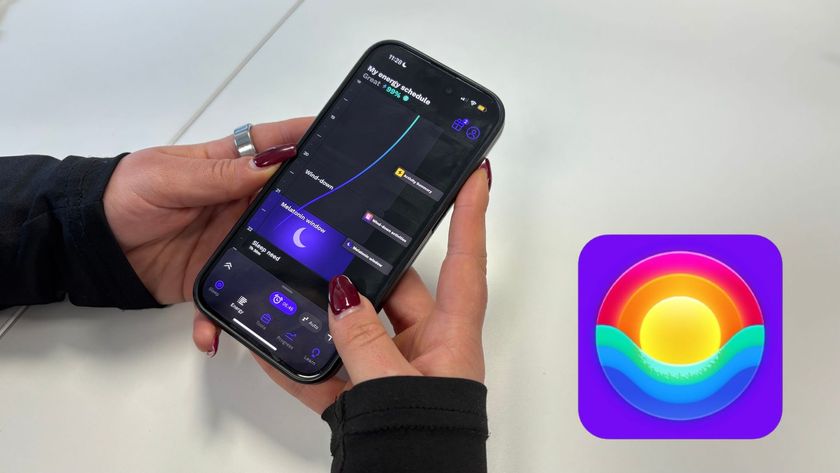
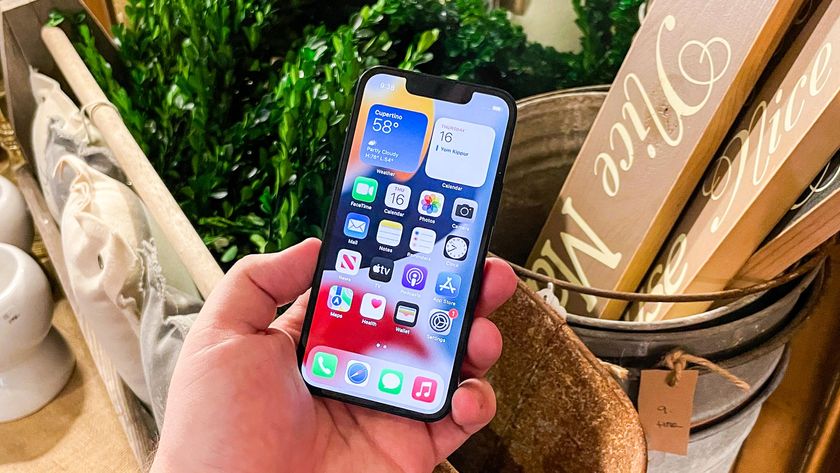




-
moghm1 Pretty ill informed view. Although it is true that the move from the Nexus to the Pixel is Google's attempt to make their phones more mainstream, the Pixel still remains a reference device of sorts i.e. it has its niche followers who will buy it and will over look cosmetics to a certain extent. There is little or no money for Google from the sale of these devices and again the Pixel is there for a. to tempt some of the apple users and b. manufacturers to follow the template that is Pixel.Reply -
Thanks for your comment. This was the idea behind the Nexus initiative. But you don't blow that much money designing and marketing the Pixel line if you don't want people to buy it. Look at the work done around the camera alone. We're way beyond the reference design phase. And why buy HTC's phone design team? It's time to decide whether the Pixel is a pet project or something more.Reply
21015370 said:Pretty ill informed view. Although it is true that the move from the Nexus to the Pixel is Google's attempt to make their phones more mainstream, the Pixel still remains a reference device of sorts i.e. it has its niche followers who will buy it and will over look cosmetics to a certain extent. There is little or no money for Google from the sale of these devices and again the Pixel is there for a. to tempt some of the apple users and b. manufacturers to follow the template that is Pixel.
-
x3roxide Here in Australia, the pixel/pixel2 were exclusive to Telstra, the biggest (and most expensive) carrier we have.Reply
This is why none of my friends or I bothered to get one. Yes I love the idea of owning a pixel phone, but I'm not going to switch carriers and be ripped off for the next 2 years with excessive phone bills.
my other option is buying outright, which I'd rather not do since I want the plan I'm currently on anyway.
A company like google should not have to partner up with a single carrier. You would think they (google) would have some leverage and be able to set the terms of the partnership. -
moghm1 Good points. They bought motorola and sold it fo a 10 billion, yes 10 billion dollar loss. Nexus cameras were right there at the top. Lets see :)Reply -
x3roxide Reply21017054 said:Good points. They bought motorola and sold it fo a 10 billion, yes 10 billion dollar loss. Nexus cameras were right there at the top. Lets see :)
Not quite a loss, not when you consider that they acquired the somewhat 2000 patents related to mobiles which Motorola owned.

